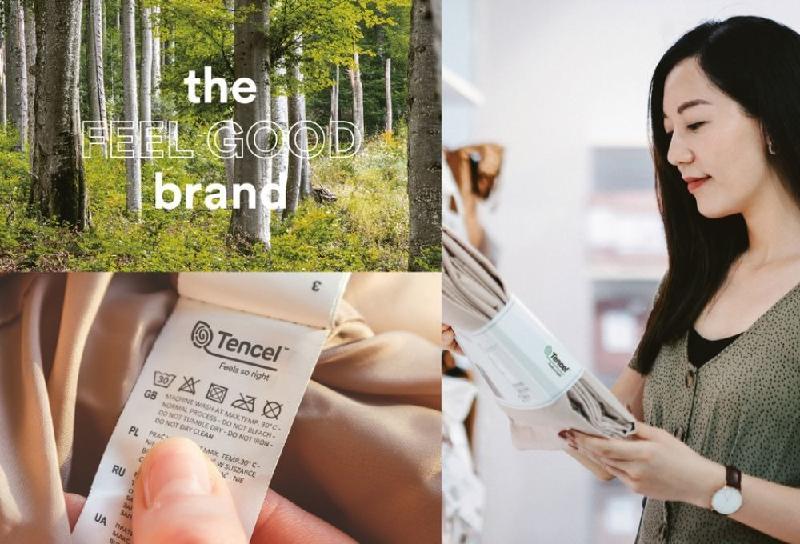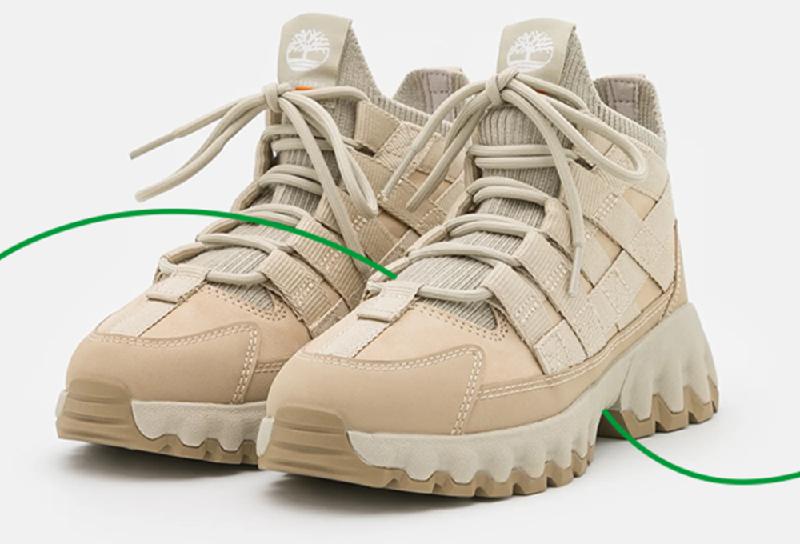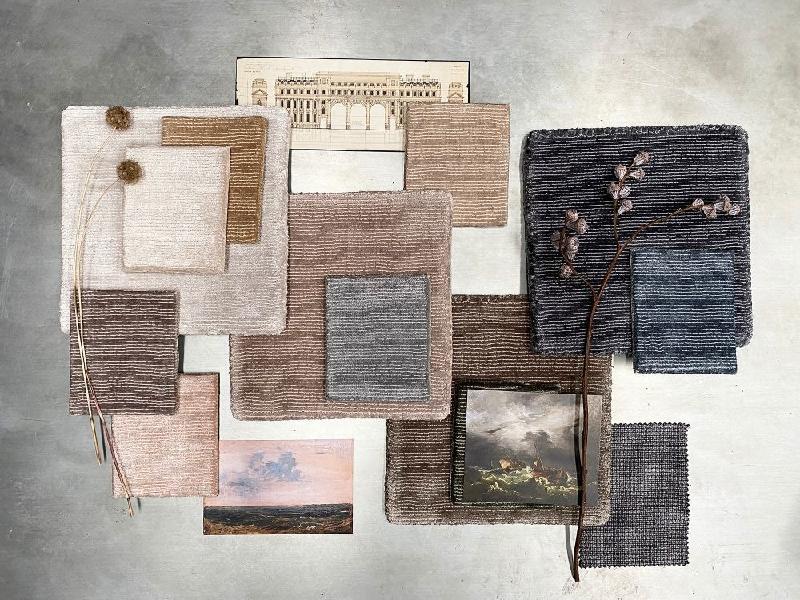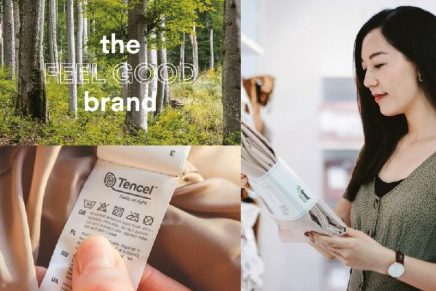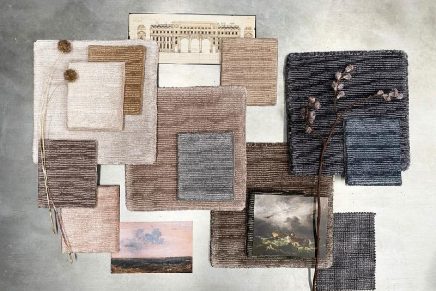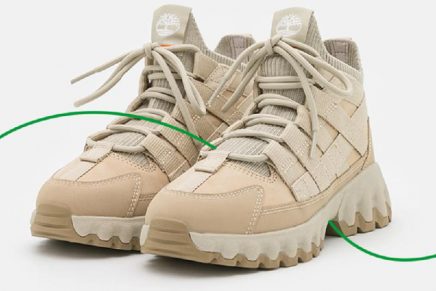Sustainable textile brands strive to increase textile supply chain transparency as collaborations with consumer brands grow.
As consumers become more skeptical about environmental claims due to greenwashing practices, brands like Lenzing’s Tencel want to increase transparency across the supply chain, so that not only the interest of value chain partners and consumer brands are protected, but consumers will always be able to purchase the best sustainable products.
Greenwashing is a marketing tactic that makes consumers believe that a brand is doing more to protect the environment than it actually is.
Tencel branded lyocell and modal fibers are produced by environmentally responsible processes from the sustainably sourced natural raw material wood. These new fibers are found in the collections of many leading designers and renowned retailers.
Known for their natural comfort, Tencel Lyocell fibers are versatile and can be combined with a wide range of textile fibers such as cotton, polyester, acrylic, wool, and silk to enhance the aesthetics and functionality of fabrics. Unique physical properties of Tencel Lyocell fibers lead to their great strength, efficient moisture absorption and gentleness to skin. Tencel branded fibers can offer a range of features: botanic origin, sustainable production, gentle on skin, long-lasting softness, contributes to breathability, color retention and biodegradability.
In celebration of Tencel’s 30th anniversary this year, while Lenzing’s growth of product licensing numbers remain on track, Lenzing is committed to working closely with its partners to overcome any hurdles that comes it way.
Some latest Tencel brand updates include:
- Timberland partners with Tencel to launch new eco-friendly collection
Well-known footwear brand Timberland has incorporated Tencel branded lyocell fibers with REFIBRA™ technology in their latest collection, TIMBERLAND EARTHKEEPERS® BY RAEBURN. The collection, designed by Christopher Raeburn, combines Timberland’s outdoor heritage with Tencel’s commitment to creating a circular economy in the textiles industry.
- Jacaranda and Tencel launch carbon zero carpet and rug collection
UK-based luxury carpet and rugs brand Jacaranda launched the world’s first collection of handwoven carpets and rugs made from 100% carbon-zero Tencel branded lyocell fibers. Named “Seoni”, the collection has raised the sustainability standard of home furnishings and decorations. As the Tencel brand continues its ‘True Carbon Zero’ journey, Jacaranda is also committed to becoming net zero by 2040 as part of its pledge to the UN’s ‘Race to Zero’ initiative.
- Lenzing addresses copyright infringement and counterfeiting with Red Points partnership
Lenzing has partnered with Red Points, an online IP infringement detection and removal company, to fight copyright infringement and counterfeiting. Harold Weghorst, Global Vice President of Marketing and Branding at Lenzing, indicated that the partnership will boost transparency and traceability within the supply chain. The collaboration also helps address growing concerns from consumers, who are interested to know the entire production process of the products they purchase and more aware of issues such as greenwashing.
To maintain the integrity of the brand, Lenzing AG protects the Tencel trademark by proactively detecting and enforcing against infringements and misuse, supported by a fiber verification system.
From linear to circular
Tencel has been working hard to support the industry with its move from a linear value chain to one which is circular. This has been a major trend across all segments of the Tencel business.
For example, in collaboration with Tencel, H&M launched its next generation denim circular collection this August, using a fiber blend containing Tencel Lyocell with REFIBRA technology. In the workwear segment, Tencel collaborated with UTEXBEL to leverage Tencel X REFIBRA in security workwear for the Belgian Federal Public Service for Justice. Tencel also leant its Tencel X REFIBRA™ fibers to a new footwear collection by Timberland, setting a new standard for eco-friendly innovation in footwear. These collaborations breathed new life into cotton waste, which would have previously been destined for the landfill.
In the coming years, the industry will experience an even stronger push toward circularity, with pioneering innovations in recycling efficiency, AI and blockchain enabled traceability and supply chain transparency set to drive a circular economy for textiles.
Collaborations are key to positive change
Tencel understands the value of working together for a more environmentally friendly future. Recent collaborations include functional products released with Adidas, and TREE CLIMATE, a new high performance Tencel Lyocell fiber-based collection curated by outdoor fabric innovator David Parkes. Tencel also partnered with fellow textile brand COREVA™ to create a novel cellulosic fiber for use in denim. The first of its kind in the world, Tencel Limited Edition with hemp and COREVA™ fibers represents the first biodegradable stretch denim in history, available exclusively at renowned denim brand Candiani.
Beyond collaborations, the brand has continued to support the wider fashion industry. Tencel is a sponsor of environmental NGO Redress, and was a partner for this year’s Redress Design Award. The award is the world’s largest fashion competition for emerging designers to champion new techniques in sustainable design. And, for the third year in a row, Tencel partnered with RCGD Global to spotlight eco-couture at this year’s Academy Awards.
Across the entire fashion & textile industry, collaboration is paramount to driving sustainability.

